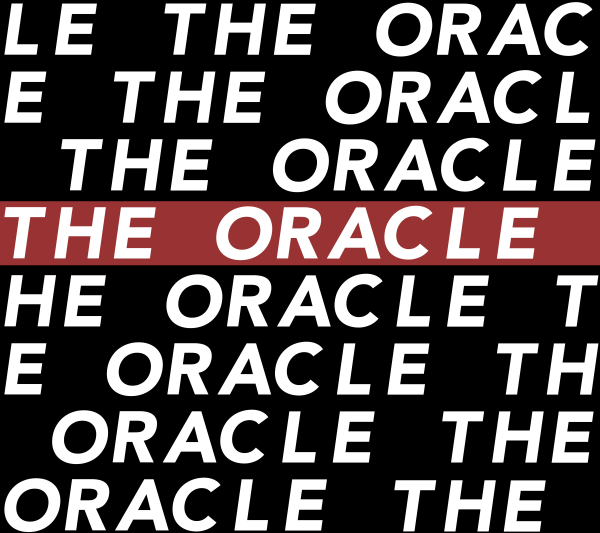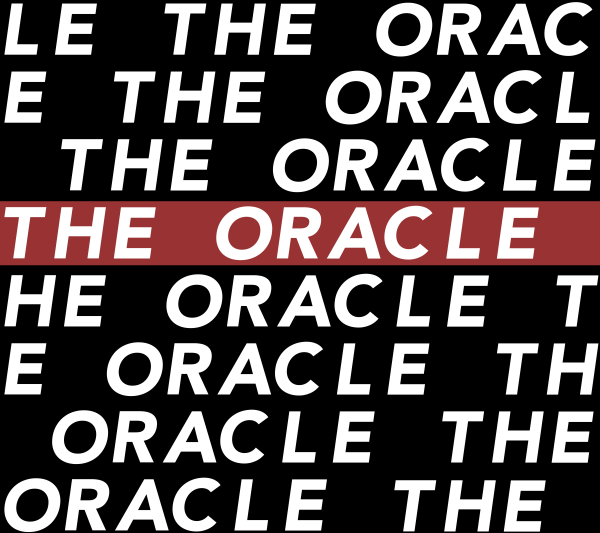The Clinton Campaign: A Lesson in Hypocrisy
As the War for the White House grows fiercer, few candidates are willing to put their mouths where their money is.
March 4, 2016
Nothing in the 2016 Presidential race matters. None of the talks of healthcare restructure, foreign policy strategies, or immigration reform actually mean anything–not when the platforms that we’re told of are prone to regulation and restriction. However, these regulations aren’t influenced by we the people–not even by they the candidates. In a hypothetical world where 2016 boils down to Clinton vs Cruz, let me tell you who gets the final say in public policy: Lloyd Blankfein, Michael Corbat, Jami McKeon, James P. Gorman, and James Dimon. You probably haven’t heard of any of them, but that doesn’t matter. These five people, collectively, have put over $3 million into those two candidates alone.
According to current campaign finance policy, that makes their opinion worth more than yours.
Due to the vehement following Senator Sanders gained on his platform of massive political reform, Wall Street regulation has become something of a focal talking point amongst the Democratic candidates. To not discuss the need for regulation is to fall to the wayside of the Presidential race track. So when supporters of any candidate grow defensive over where funding comes from, they aren’t seeing the larger part of this issue. Professor Marc Cooper of USC Annenberg put it astutely,
“Neither [Clinton nor Sanders’] platforms means anything unless there is first real campaign finance reform. Without it, the gerrymandered and legally bribed Congress and the leadership of both parties will block any significant change. This is why Clinton’s funding is so central to this campaign.”
Hillary Clinton, despite her and her husband’s repealment of the Glass Steagall Act in 1999, has been a vocal proponent of Wall Street regulation. This is no real surprise as Hillary has a long history of changing her political stances whenever they fall out of political favor. As recently as 2004, she proudly proclaimed,
“I believe marriage is not just a bond but a sacred bond between a man and a woman.”
Her calls for increased regulation of Wall Street and investment banking fall on deaf ears. She has not only marked the nation with an administration that furthered deregulation efforts (calling the Presidency of ‘93-’01 anything but “The Bill and Hillary Clinton Administration” is an understatement), but has made remarkable moves in a similar direction. Retiree Chris Arnade, employee of Salomon Brothers for over 20 years, stated in his op-ed piece at The Guardian,
“I owe almost my entire Wall Street career to the Clintons. I am not alone; most bankers owe their careers, and their wealth, to them. Over the last 25 years they – with the Clintons it is never just Bill or Hillary – implemented policies that placed Wall Street at the center of the Democratic economic agenda, turning it from a party against Wall Street to a party of Wall Street.”
When Hillary Clinton hosts private speaking fundraisers for Goldman Sachs executives, when she refuses to release transcripts of those speeches, when she deploys her daughter to host Wall Street bankers at fundraisers where they can “pay $2,700 for a picture” with her, and then has the audacity to turn around and say that she’s supporting the little man; I won’t believe it for an instant. You shouldn’t either. In modern America, actions speak louder than words, but money speaks loudest of all. When four of Hillary’s top five contributors are big banks (Citigroup Inc, Goldman Sachs, JPMorgan Chase, and Morgan Stanley), it’s only natural to question where her attention lies: with the people, or with the people who pay her.
This isn’t something Hillary alone is guilty of–nearly all candidates on both sides are–it just makes her the most hypocritical. Anything she, or her fellow politicians, say about any aspect of her platform means nothing, because it has to first gain the go-ahead from her contributors. There is only one candidate on the field who takes no money from Super PACS, Wall Street, or Big Banks. There is only one candidate who speaks the unequivocal truth when he talks of regulation. There is only one candidate who’s calling for campaign finance reform.
You all know who he is.
Going into the coming months, the fight over the Resolute Desk will grow fiercer and bloodier; and while it’s important to pay attention to what each candidate says, remember to watch the money. Money speaks, and it certainly has quite the story to tell.





